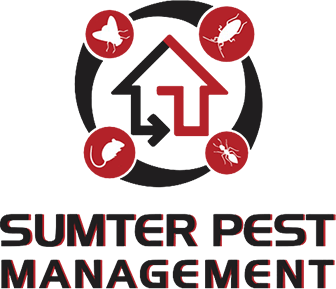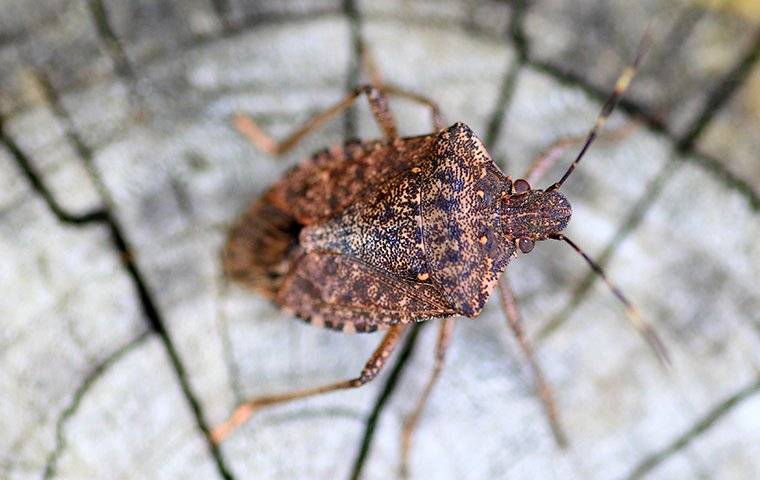Anybody who’s ever smelled the pungent, unpleasant stench of a stink bug probably decided pretty quickly that they didn’t want a houseful of them. But are they actually dangerous? The short answer is no – at least not to people or pets. However, they can do serious property damage and invade in huge numbers, filling your South Carolina home or business with their distinct and foul odor. That means you’ll need to take measures to prevent these nuisance pests just like you would any others. Let’s take a look at some things you can do.
Stinky Bugs Everywhere
There are about 5,000 different stink bug species in the world, meaning these shield-shaped insects can come in a variety of colors and sizes. Some stink bugs may be bright green. Some of them are muted brown. Some may even have patterns of different brown and gray shades. The one thing they all have in common is their ability to clear a room.
Stink bugs can’t sting, can’t bite, aren’t poisonous to eat, and don’t shoot caustic liquid like the bombardier beetle. So how do they defend themselves? That stink that earned them their name is their main defense. It makes them smell and taste so terrible that many predators just leave them alone. They don’t stink all the time. Instead, they produce foul-smelling liquid and release it through their scent glands when they feel under threat. Crushing them or sucking them up in the vacuum may also cause this liquid to be released. Fortunately, while this odor is very unpleasant, it can’t hurt you or your pets.
The danger of stink bugs is to your garden and landscaping. Stink bugs often infest fruit trees and vegetable plants to feed on their produce. They love to eat fruits like apples, berries, peaches, pears, tomatoes, and more. And they also may destroy your peppers, corn, cucumbers, beans, and certain nuts. The bugs pierce the fruit or veggie’s skin to inject a small amount of toxic saliva that allows them to consume the produce. This leaves the fruit or veggie with a dimpled look because of the hollowed-out portions.
Stink bugs don’t just eat plants’ produce – they also eat their stems and leaves, which can leave plants looking wilted and also open them up to infection and secondary insect infestation. This means you’re not safe even if you don’t have fruit trees or a vegetable garden. A good stink bug infestation can destroy your prize roses as well, especially when they invade in large numbers. Invade in large numbers they do, sometimes filling your home by the thousands and leaving their stench all over everything.
What To Do About Stink Bugs
Though they’re not dangerous to anything other than plants, you still don’t want these stinky bugs sharing your home. Fortunately, there are a few things you can do:
- Seal off entry points to your home, including holes in the siding, gaps in window or doorframes, and rips in screens.
- Keep outdoor lighting off and blinds shut during the evening. If you must use outdoor lights, use yellow, anti-bug light bulbs.
- Make sure vegetable gardens and fruit trees are far away from your house.
- Reduce moisture by using dehumidifiers and proper ventilation.
- Check groceries that could contain stink bugs, such as fresh fruits and veggies, before bringing them in.
- Call the pros.
Large stink bug infestations can be a nightmare to get rid of because doing anything that stresses them out can cause them to release their foul stench. Luckily, there’s a better way. Here at Sumter Pest Management, we’ve got over 25 years of experience dealing with Sumter County’s pest issues. We can help you evict your stinky roommates and make sure they stay gone for good. So give us a call at (803) 759-8710 or visit our contact page to schedule your home pest control service.


